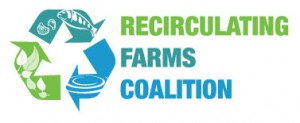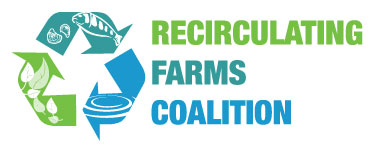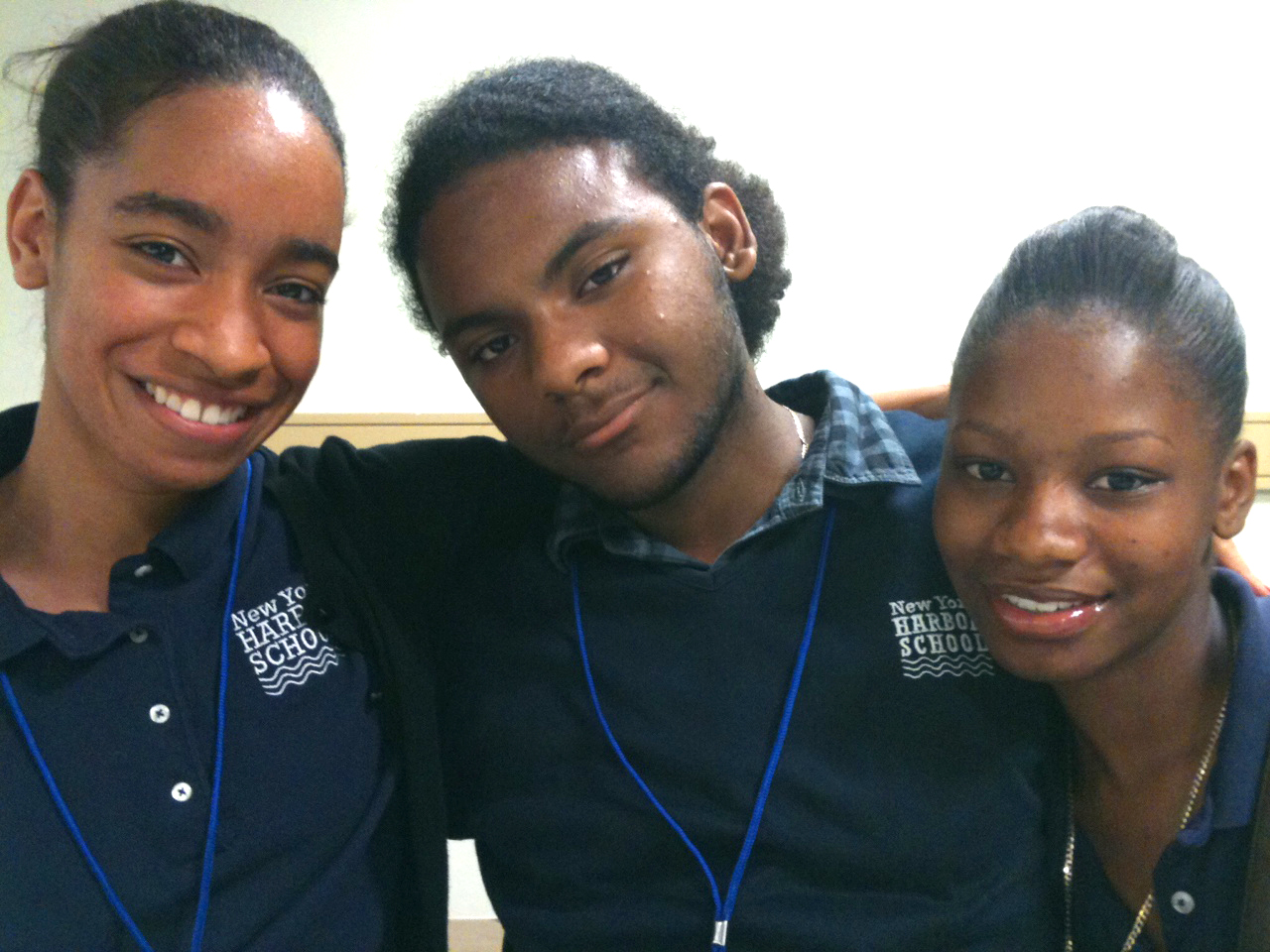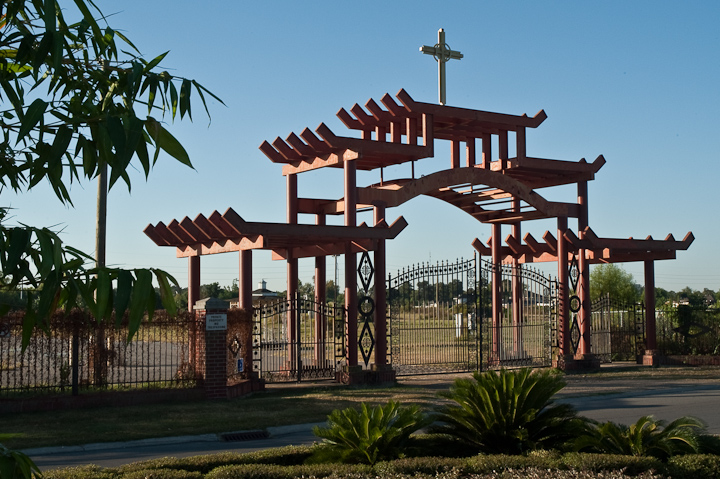Open-Ocean Aquaculture Would Harm the Gulf of Mexico
Statement of Recirculating Farms Coalition Executive Director, Marianne Cufone
 New Orleans, LA, February 8, 2013 – Today, the Gulf of Mexico Fishery Management Council – the body that advises the National Marine Fisheries Service on fish and fishing in the Gulf – voted to push forward regulations that would permit industrial fish farming in the Gulf of Mexico. The Council did so in violation of a number of procedural laws, as well as in direct conflict with the members’ oath of office to conserve and manage the marine resources of the Gulf of Mexico for the benefit of the nation. Open water fish farming is well documented to be highly problematic for both people and our planet.
New Orleans, LA, February 8, 2013 – Today, the Gulf of Mexico Fishery Management Council – the body that advises the National Marine Fisheries Service on fish and fishing in the Gulf – voted to push forward regulations that would permit industrial fish farming in the Gulf of Mexico. The Council did so in violation of a number of procedural laws, as well as in direct conflict with the members’ oath of office to conserve and manage the marine resources of the Gulf of Mexico for the benefit of the nation. Open water fish farming is well documented to be highly problematic for both people and our planet.
The original plan to be implemented by the new regulations was completed back in 2009, and many things have changed substantially from then to today, four years later. Existing operations based in Hawai`i, cited as examples in the plan, are now bankrupt and violated numerous safety laws beforehand. New studies shed light on the major damage that can be done by open water aquaculture, and we know well that dilution is not the solution to pollution. The plan does not even comply with the National Aquaculture Policy – guidelines finalized in 2011 by the National Marine Service itself.
Organizations representing more than 3 million people nationwide submitted a letter in opposition to allowing fish farming in the Gulf. Additionally, local fishermen came to the meeting and testified how horribly damaging fish farming would be in the already stressed Gulf, still recovering from various major hurricanes and the BP oil spill. These were ignored.
All of the discussion regarding the regulations was put forward by the Fisheries Service – both the regional administrator for the southeast region and the agency attorney – persuading the Council to move forward.
The entire process has been an expensive farce, funded by precious public dollars, for the Fisheries Service to push forward their long-time agenda of developing ocean aquaculture around the U.S. Because the agency has been unable to persuade Congress to pass national legislation due to overwhelming public opposition, the Fisheries Service now has turned to the regional fishery management process, because it is far less public and easier to manipulate. This is problematic under existing law, as the Fisheries Service has no express authority over aquaculture. It is clear that the agency is tired of dealing with wild fisheries, and prefers instead to promote artificial production of seafood in the ocean, where it can overtake fishing.
If the regulations become final, between 5 and 20 new farms, that could raise up to 64 million pounds of fish annually, will compete with both recreational and commercial fishermen for space, lower the value of fishing quotas, and pollute the Gulf; all completely unnecessary harms as there are other more ecologically and economically sustainable methods of fish farming.
The Recirculating Farms Coalition came into being in opposition to dirty and dangerous open water fish farming. We promote sustainable aquaculture on land, in recirculating water systems. These farms can be all the things open water fish farming is not – they can be energy and water efficient, need not rely on public dollars or conflict with other uses for space, they can recycle waste and do not use natural waters for draining or sourcing.
If the Council and Fisheries Service want to support aquaculture – they should support the kind that will not, by its very nature, compete with local fishermen or harm the environment. They should promote the kind that is innovative and clean. Sadly, that is not what was voted for today.
##########
The Recirculating Farms Coalition is a collaborative group of farmers, educators, non-profit organizations and many others committed to building local sources of healthy, accessible food, through eco-efficient farms using clean, recycled water. We believe these recirculating farms can create stable green jobs and supply sustainably grown food — fruits, vegetables, herbs and humanely-raised seafood — in diverse communities nationwide, and someday, worldwide. The Recirculating Farms Coalition is headquartered in New Orleans, Louisiana.
Media contact: Marianne Cufone — 813-785-8386 or info@recirculatingfarms.org










Leave a Reply
Want to join the discussion?Feel free to contribute!